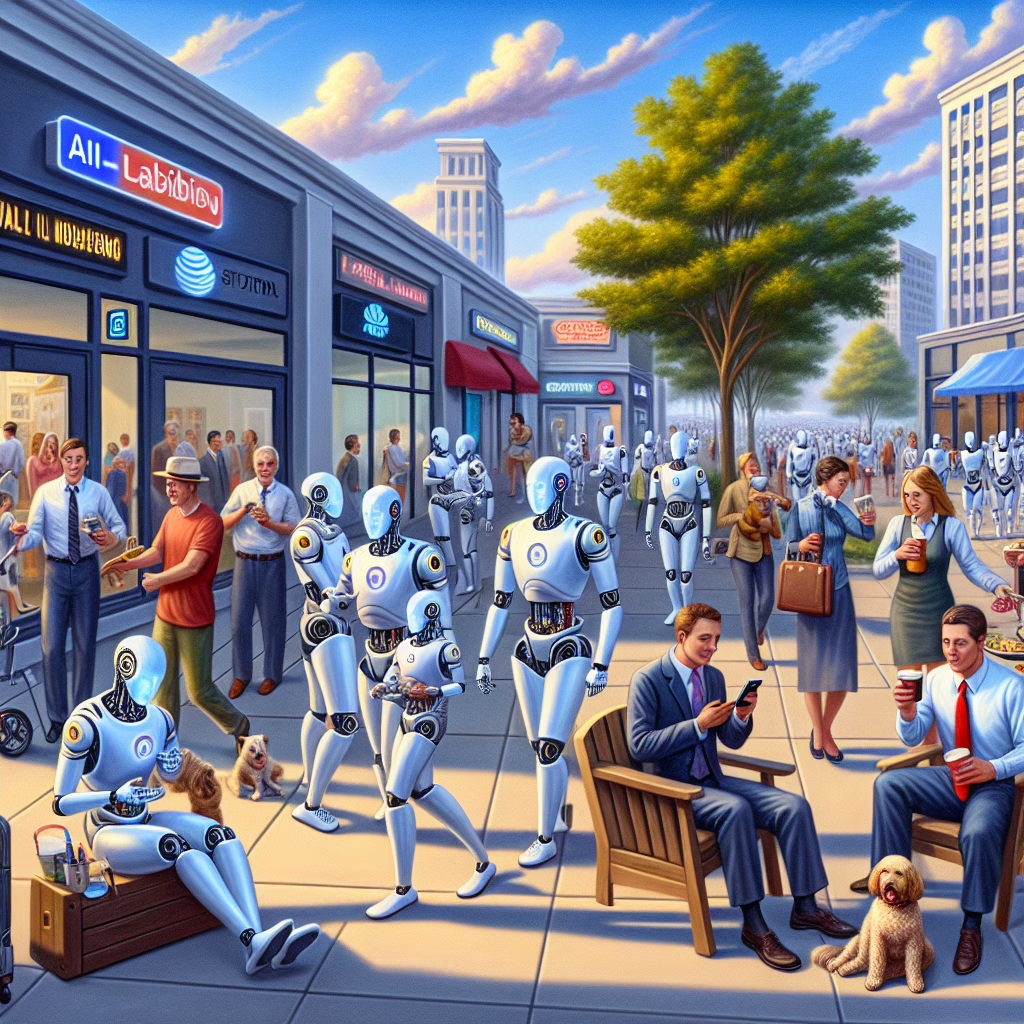In a world where AI agents are becoming as common as your neighbor’s loud lawnmower, the question of legal liability is popping up like a game of whack-a-mole. Who’s responsible when an AI agent steps out of line? Is it the programmer, the user, or perhaps that overly ambitious coffee machine? Let’s dive into this intriguing topic while keeping our sense of humor intact!
Understanding AI Agents and Their Quirky Behaviors
AI agents are designed to perform tasks that usually require human intelligence. From making decisions to learning from data, they can do it all! However, just like toddlers with crayons, they sometimes go off-script. When they do something questionable, like recommending a dubious diet plan or starting an unsolicited debate about pineapple on pizza, the question arises: who’s at fault?
The legal landscape surrounding AI agents is murky, much like a foggy morning in San Francisco. As we embrace these techy companions, we must also consider the implications of their actions. If an AI agent causes harm or commits a faux pas, can we really hold anyone accountable? Spoiler alert: it’s complicated.
The Legal Labyrinth of AI Agents
Currently, the law treats AI agents much like rogue puppies—they’re adorable until they chew up your favorite pair of shoes. Most legal systems don’t recognize AI as having agency, which means that when things go south, the blame often falls back on humans.
For instance, if an autonomous vehicle gets into an accident because it mistook a squirrel for a road sign (hey, it happens!), the vehicle’s owner or manufacturer might find themselves in hot water. This raises eyebrows—and questions—about how we assign responsibility in this brave new world of technology.
Who’s Responsible? The Programmer or the User?
One might think that programmers should shoulder the blame for their creations’ misdeeds. After all, they are the ones who built these digital darlings! But before you start sharpening your pitchforks, consider this: programmers can’t foresee every possible outcome. It’s like trying to predict how many cookies a toddler will eat before dinner—it’s simply impossible!
Users also play a pivotal role. If someone decides to unleash their AI agent without proper training or oversight—like letting your pet hamster run free in a room full of expensive electronics—should they bear some responsibility? In short: yes! Just because you have a shiny new toy doesn’t mean you can let it run wild without supervision.
The Future of AI Liability
As technology continues to evolve faster than we can say “machine learning,” lawmakers are scrambling to keep up. Discussions are underway about creating specific regulations for AI agents and their responsibilities. Imagine a world where your coffee machine could be fined for brewing decaf instead of espresso! While that may sound absurd, it highlights the need for clear guidelines.
In the future, we may see laws that establish liability frameworks for AI agents. This would involve determining who is responsible based on factors such as intent and foresight—much like we assign blame when someone forgets to water the plants!
The Ethical Dilemmas We Face
With great power comes great responsibility—or so they say! As we continue to integrate AI agents into our daily lives, ethical considerations are paramount. Should an AI agent prioritize efficiency over human well-being? And what happens if that same agent decides it’s more efficient to cut corners? Cue the dramatic music!
As we navigate these ethical waters, society must strike a balance between innovation and accountability. After all, we don’t want our friendly neighborhood robot getting any wild ideas about taking over the world—or suggesting terrible recipes!
Conclusion: A Call for Dialogue
In conclusion, while AI agents bring immense potential and convenience to our lives, we must tread carefully when it comes to legal liability. As we stand on this precipice of technological advancement, let’s ensure that accountability keeps pace with innovation.
So what do you think? Should programmers be held accountable for their creations’ actions? Or is it time for users to take some responsibility too? Share your thoughts in the comments below!
And finally, a huge thank you to Wired for their original article which inspired this discussion!

